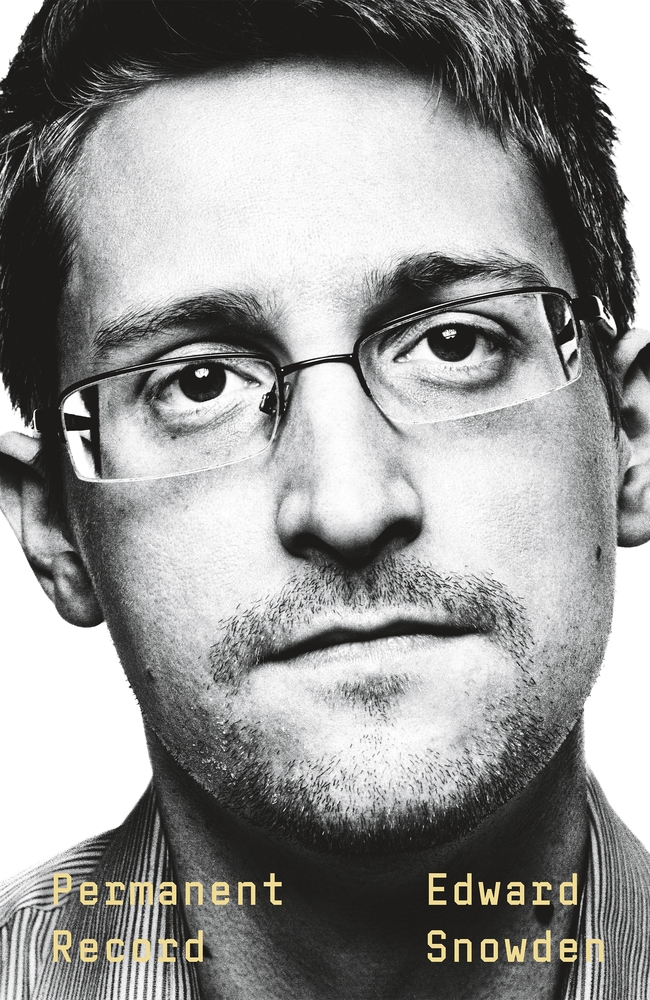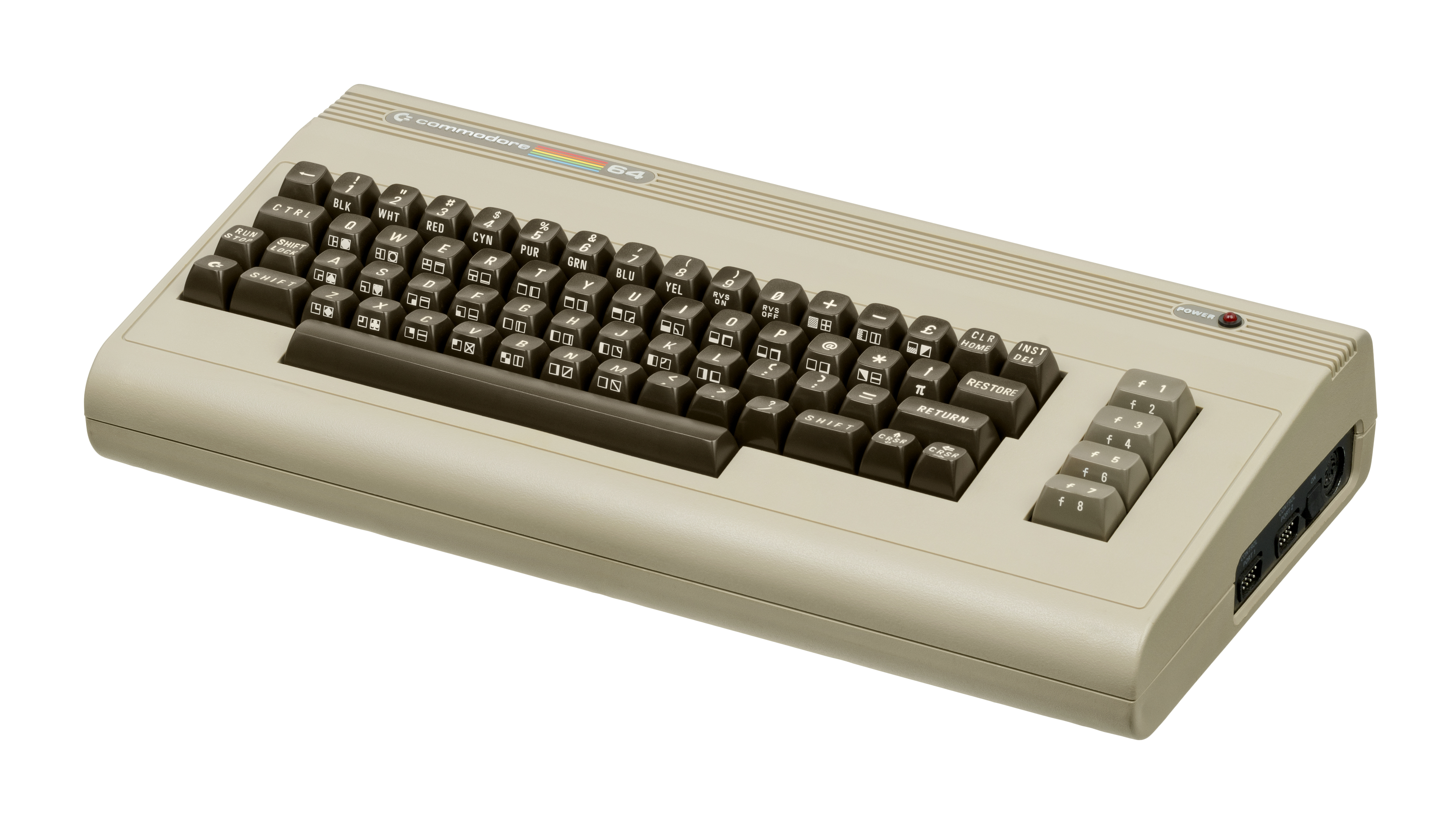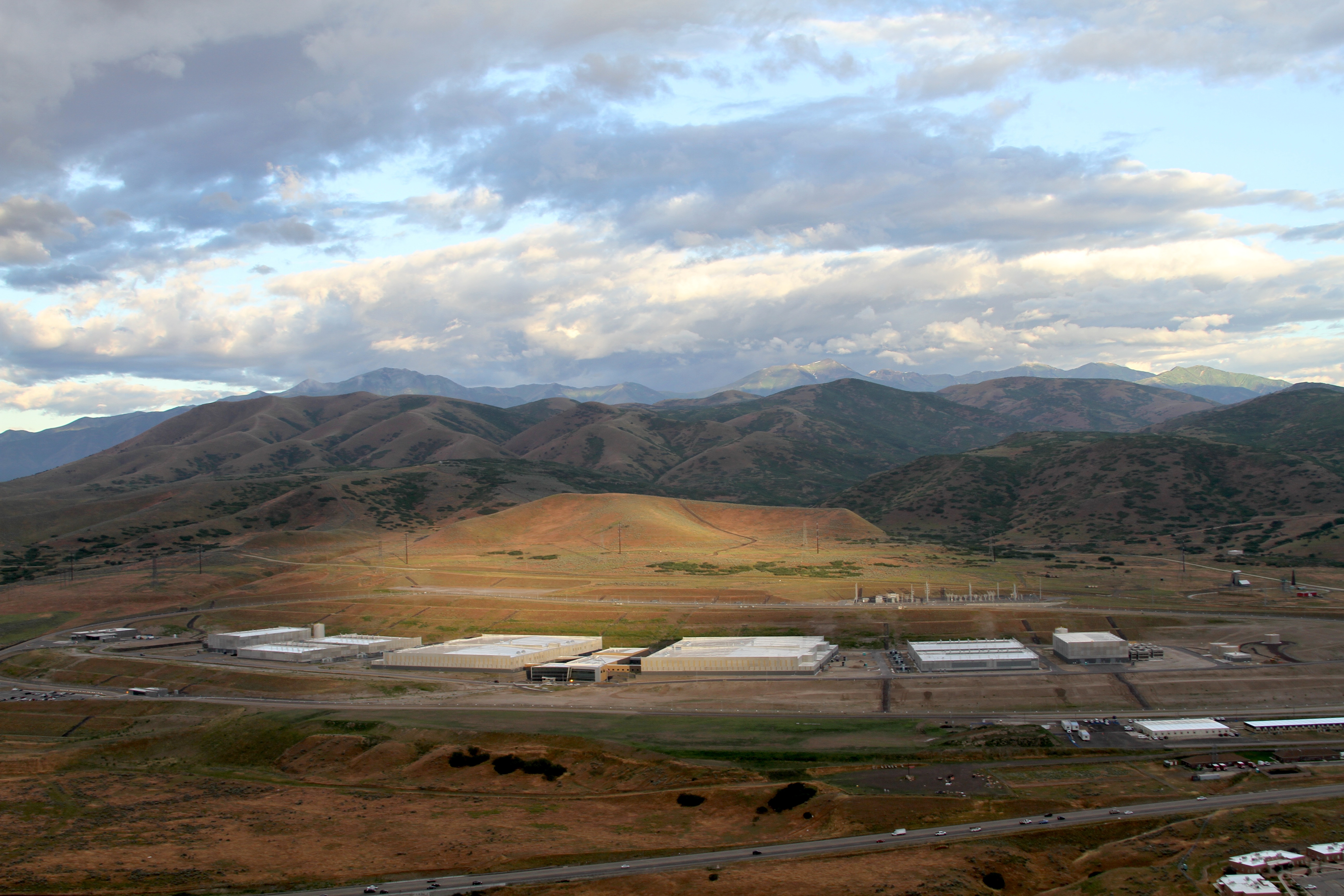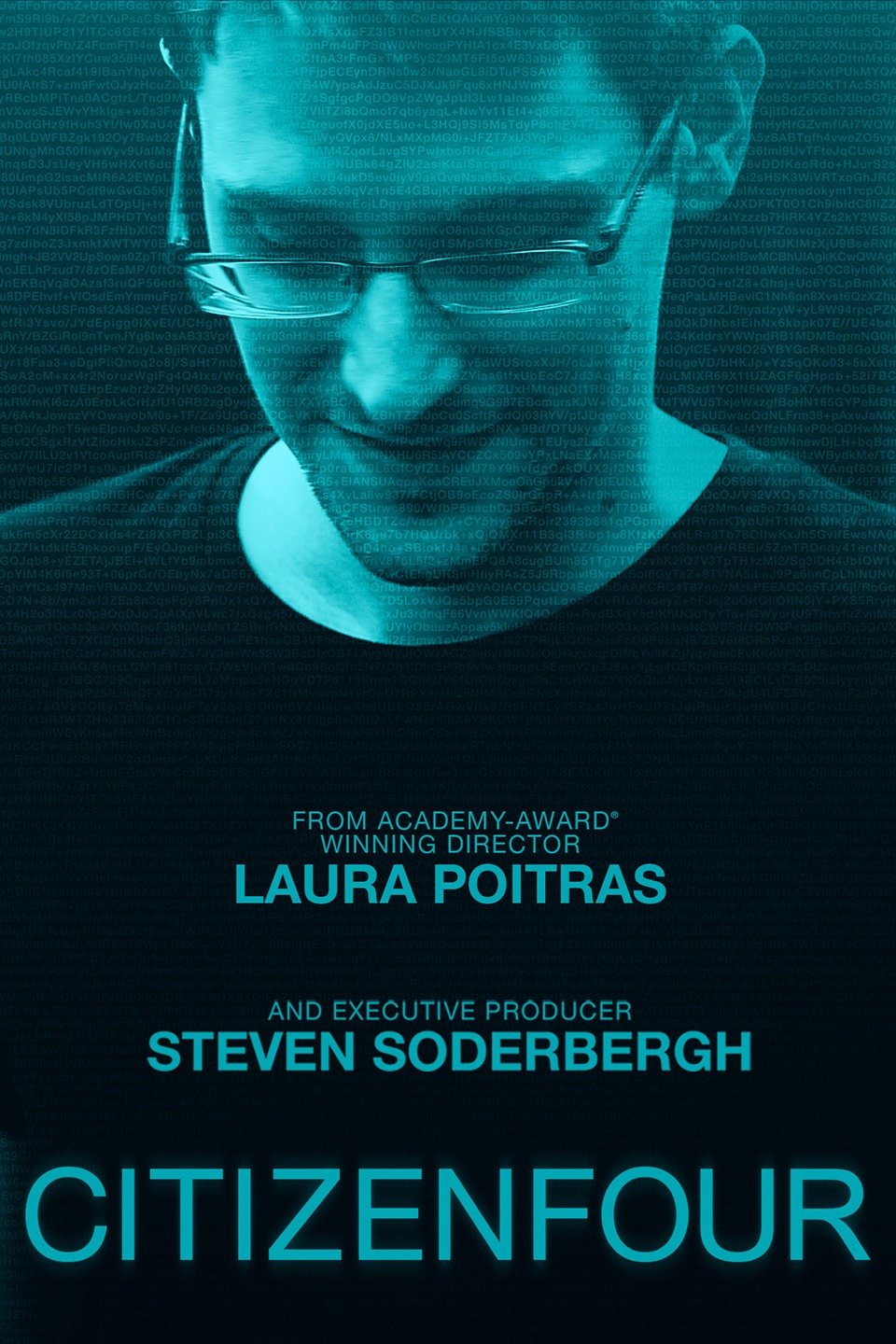
This book seems to have been written for me specifically. I enjoyed reading it so much. Edward Snowden has a great ability with words. He paints a perfectly flowing narrative which is extremely effective at explaining what we had (in regards to internet privacy/anonymity), what we have now and how we got here. From childhood to adulthood every moment touched in this book is accompanied by what was going through his head at the time. It feels like such a natural stream of consciousness that you almost forget that the book wasn't written in real time.
The first section of this book is a memoir about Edward Snowden's early experiences, mostly with technology but also growing up in a government family. Snowden is so good at channeling the thrill of first jumping on to history's largest computer network. His interweaving of nostalgia inducing references and how they helped to shape his character felt like a non-fiction Ready Player One (in a very good way). Many technology savvy people from my generation will surely have shared many of his experiences and his writing reignites that excitement we all felt in the early days of that vast digital frontier. This section of the book is very important for establishing a shared understanding of what the internet meant to so many of us, to reignite that feeling and remember what we've lost in the current climate of the centralized internet and the surveillance state.

The next brief section of the book describes being a technically gifted individual in the bustle of the late years of the dot com boom. Working in web development for the seemingly endless number of clients who were trying to get their companies and organizations online. Then his life is interrupted, as many of ours were by 9/11. After a brief stint in the military he went into intelligence. While this section was short it's very important for reminding us that the completion of getting nearly every American online almost perfectly lined up with our leap into the war on terror and the perceived need for greater mass surveillance.
The next section (which is probably the longest) of the book describes his early experiences in government intelligence. This was the most interesting and informative section of the book. He does a great job of explaining to an outsider how the hiring process for these jobs works, what the culture is, what the expectations are of intelligence workers. This section has some fun bits of Tom Clancy-esque anecdotes and some anecdotes which are very engaging for other reasons. This would be a good time to point out once again what a natural voice for writing this man has. One of my favorite parts of this section was when he went back to private contracting to work as a sysadmin for the CIA. His partner on the night shift was the only person that knew how to change the magnetic tape in the tape-backup machine and was such a fun character to meet through the pages of this book. For most of his remaining time as a government contractor he works in system administration which should be very fun for anyone who loves UNIX and wants to hear about how some of the biggest intelligence agencies in the world run their systems. This is also the section where things start to get creepy and you are sitting right next to Mr. Snowden while he discovers some of the most illuminating details of U.S. mass surveillance. This section starts to turn into a spy thriller which, apart from Julian Assange, Ed Snowden might be the best real world example of.
One of the most chilling moments in the book, One which I think the parallels to Orwell's 1984 must not have escaped him, came after Obama entered office and ordered an IG report on the state of the surveillance programs. Snowden read the unclassified report and was blown away by how much it missed. He thought surely the classified report would have the information the report was lacking and so the next time he was at work he logged in with his top secret clearance and was unable to find a classified version of the report anywhere on his network. He moved on with his life until one day, as if by fate, his system spits out the unredacted classified report to his desk. This was a draft someone from the IG's office had been writing on his system and had forgotten to delete. It was flagged with a higher classification than should be permitted on his system so was sent to him (as system administrator to either unflag the file, if it was a misflag, or destroy the file). In the draft he found all of the information that had been missing from the public report, in fact the declassified report wasn't simply a declassified/redacted version of the classified report, it was entirely different. Here Snowden had the truth come across his desk and it was his job, as was Winston's job at the Ministry of Truth in 1984, to destroy it. To throw it down the memory hole so it could never be seen by the public; but for that moment he could see the truth with his own eyes.

The final part of the book overlaps a bit with the previous section. This is where he prepares for and executes his plan to blow the whistle on the NSA's mass surveillance. This section is a more fleshed out version of the Documentary (CitizenFour if you haven't seen it you ought to) with a better explanation of why he ended up in Russia, how our government really reacted to his actions, and how his partner felt (sections of her journal are published in the book). This last section is also where he airs more of his personal politics and ideas on what is so wrong about mass surveillance, our state's reaction to whistle blowers, our Constitution and a few other things.

Overall this book is amazing. However it's much more of a memoir than a book on mass surveillance, if you haven't already read into the Snowden leaks and other information on the NSA programs then this book might not be too interesting to you. As I said this book was perfect for me because I am so passionate about computers, software freedom, privacy and the internet. I'm also deeply concerned with the politics that govern these areas. If you're like me you will also probably love this book. If you just want to learn about why Snowden is an important figure and what he helped us learn there is probably a better resource than this book. He is an interesting figure either way though and the way he structures this book creates a great illustration of what's gone wrong with government surveillance. Thank you Mr. Snowden for your contribution to public awareness, our country owes you a great deal of gratitude.